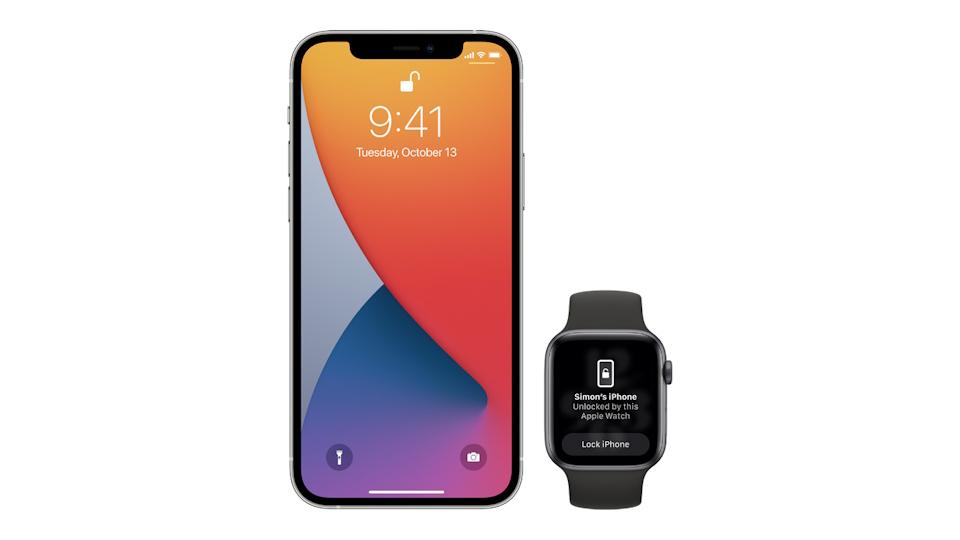Apple devices enrich patent data in arthritis trial

It can be challenging to follow the course of rheumatoid arthritis accurately in clinical assessments and trials due to “subtle and unpredictable” changes in symptoms – but digital health technologies (DHT) could make this more reliable and easier.
That is the conclusion of the weaRAble-PRO observational study, published in the journal Nature today, which looked at how wearables and smartphones can be used alongside conventional patient-reported outcomes (PRO) data to determine the status and severity of patients with moderate-to-severe rheumatoid arthritis.
Currently, the standard approach is to combine PRO with clinical assessments every three to four months, which can be subjective and prone to recall bias, according to the investigators, who hail from GSK, the University of Oxford, and Boston-based data consultancy Analysis Group.
The study found that continuous collation of data on health status, mobility, dexterity, fatigue, and other symptoms using the Apple Watch and an iPhone – backed by a machine learning algorithm to analyse the results – was able to characterise impairment and physical function impacting daily life, and distinguish arthritis patients from healthy controls.
While it was relatively short at 14 days in duration and fairly small with just 60 subjects, the study showed that it was possible to reliably assess the characteristics of rheumatoid arthritis patients, using the devices and the algorithm – which was generated using Apple’s ResearchKit software platform and trained on 100,000 participants with 700,000 days of wearable sensor data from the UK Biobank.
The researchers said the study is “the first comprehensive evaluation of how remote and objective digital sensor outcomes enrich our ability to understand the impact of [rheumatoid arthritis] on daily life between clinical visits.”
For example, the digital monitoring was able to identify that patients with arthritis were less mobile, taking longer to move between positions than health controls and identify patients with morning stiffness and disrupted sleep, and was more effective than PRO alone at determining the severity of disease at baseline.
Crucially, it was found that the combination of passive data acquisition using the Apple Watch and active recording of data using the iPhone was needed to prevent patients from being misclassified as healthy or with arthritis.
“The weaRAble-PRO study typifies how continuously collected patient self-reported and sensor-based outcomes may more closely reflect participant perceived and experienced symptoms that impact daily life,” conclude the authors.
They add that the finding will help “ultimately to expand the use of DHT to develop more sensitive, and patient-centric, endpoints in [rheumatoid arthritis] clinical trials and real-world studies.”













